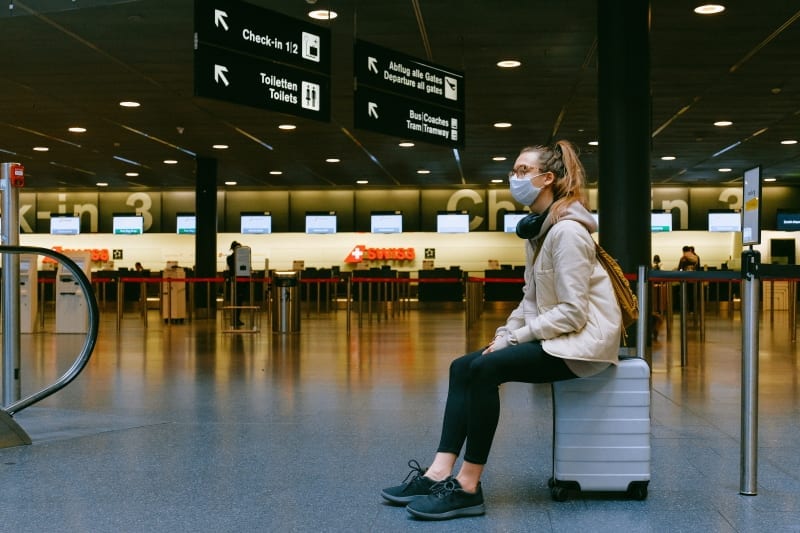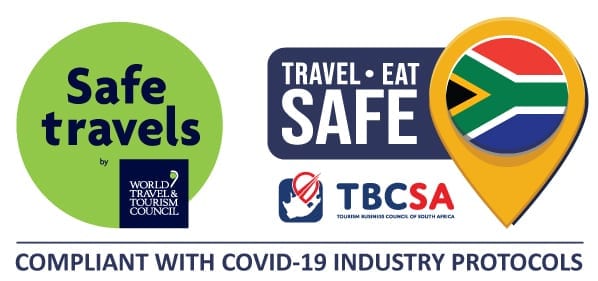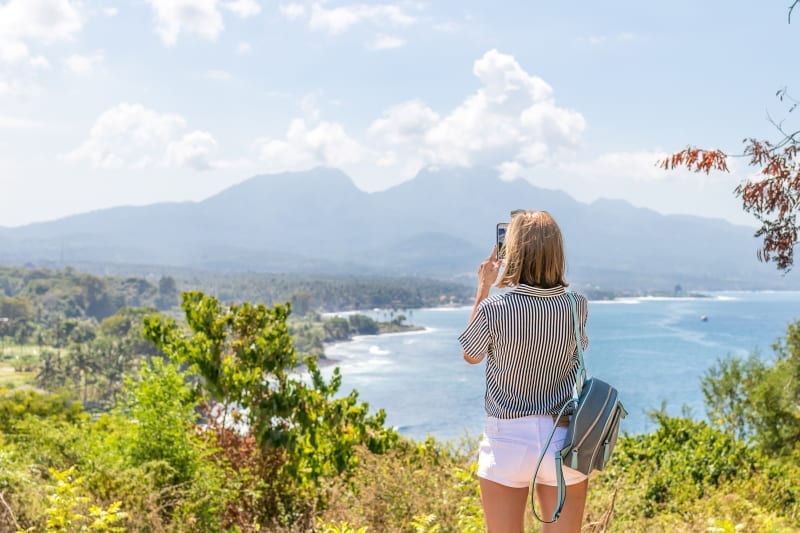
After six months of not being able to travel, Oz Desai, General Manager at Flight Centre Business Travel (pictured), believes that business travellers are eager to book their next trip; “Research tells us that business travellers are keen to travel once more, not only because of zoom-fatigue and the importance of face-to-face meetings, but because they’re craving an escape – and business travel offers new experiences, bleisure opportunities and personal enjoyment.”
“Research tells us that business travellers are keen to travel once more.”
However, despite the welcome news that international borders will reopen on 01 October 2020 (read this), travel will be a different experience from what you remember. “Travellers are still weighing the pros and cons, especially when it comes to COVID rules and regulations,” adds Desai.
If you are considering your next business trip, here are 10 tips to help you navigate this ‘new normal’:
- Know your destination
The first step is to familiarise yourself with all rules and regulations that apply in your region and in your destination, and ensure you are on top of new developments by following government notifications. Questions you need to consider include: Will you need to produce a negative COVID test on arrival? (This is required for arrivals in South Africa.) Will you be required to self-quarantine? And if so, for how long? Does your intended destination have a curfew in place? How will their lockdown regulations impact your travel plans?
“Knowledge and preparation can reduce anxiety around travelling.”
“Knowledge and preparation can reduce anxiety around travelling. Make sure you get your information from a trusted source – and arm yourself with detail. Travel Managers are well placed to answer all your questions and address any concerns,” says Desai.

- Book direct
Navigating COVID red tape while you travel can be challenging, so you’ll want to book direct flights and avoid transit destinations which could have additional requirements. Booking direct also reduces your travel time and potential exposure to COVID touchpoints in high transit areas.
Booking direct also reduces your travel time and potential exposure to COVID touchpoints in high transit areas.
However, this isn’t always possible due to reduced airlift. Your next best option is to seek the most direct and hassle-free route. Again, a Travel Manager could prove an advantage in this regard.
- Opt for flexible bookings
It goes without saying, but flexible bookings are critical. Read the fine print, particularly for postponements, cancellations, refunds or vouchers – and especially for circumstances that are out of your control, such as the closure of a border.
- Take out insurance
Getting the best insurance cover for your trip is non-negotiable. Speak to the experts – and if you have a Travel Manager, rest assured that they will be able to arrange this for you.
- Stay at ‘approved’ accommodation
The Tourism Business Council of South Africa (TBCSA) has developed strict health and safety protocols for all tourism-related facilities, including accommodation, under the banner ‘Travel Safe – Eat Safe’. These have received the World Travel and Tourism Council’s (WTTC) stamp of approval. Make sure your South African accommodation carries this stamp, or a similar WTTC ‘Safe Travels’ approval stamp when you travel abroad.

- Check in online
Whenever possible – whether for flights, shuttles or hotel accommodation – check in online. This reduces your exposure to possible COVID touchpoints, while also being convenient and a time saver.
- Use an app
President Cyril Ramaphosa encouraged all South Africans to instal the COVID-19 tracing app on their phone. COVID Alert SA is a tracing app that uses Bluetooth technology to communicate other app users’, in order to alert people if they have been in close contact with someone who tested positive for COVID-19 in the past 14 days. The alerts are anonymous so your privacy is protected.
Many countries have similar apps, which you could install prior to your trip and keep for 14 days afterwards.

- Be prepared
When it comes to packing, it’s a good idea to take a few extra cloth masks, a travel-sized (max 100ml) bottle of hand sanitiser and a pack of sanitising wipes in your carry-on bag. If you’re planning on exercising during your trip, some buffs will also come in handy.
Don’t forget that your trip could have some unexpected challenges, so go into it with an open mind, lots of patience and your sense of humour. We are all in this together!
- Look after yourself
Business travel comes with innate stressors such as long flights, jet lag, lack of sleep and needing to be on top form. COVID-19 is another significant stressor. Take care of yourself and your immune system by getting enough sleep, eating well, staying hydrated, exercising, making time to relax, and following all recommended health and safety measures such as wearing your mask and washing your hands.

- Embrace bleisure
‘Bleisure travel’ refers to the merging of business and leisure travel during a single trip. It’s a growing trend which Desai believes is going to become increasingly important, not only because travellers are eager to explore, but because it will make travelling under the current conditions worth the extra effort.
Micrometrics reports that 75% of business travellers would like to go on a bleisure trip; 60% of all business trips are now lengthened with ‘bleisure days’; and 87% of bleisure travellers are satisfied with their work-life balance.




